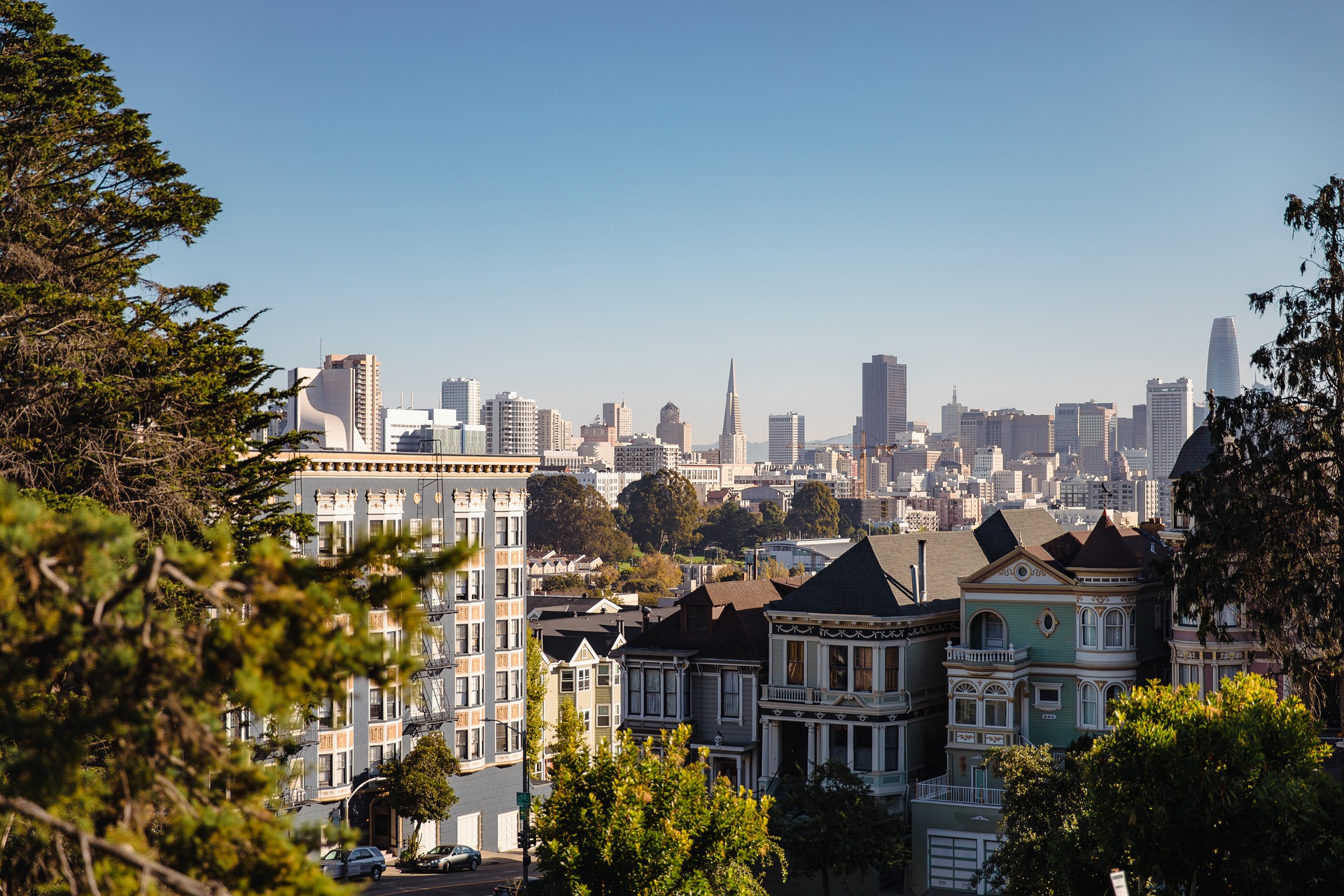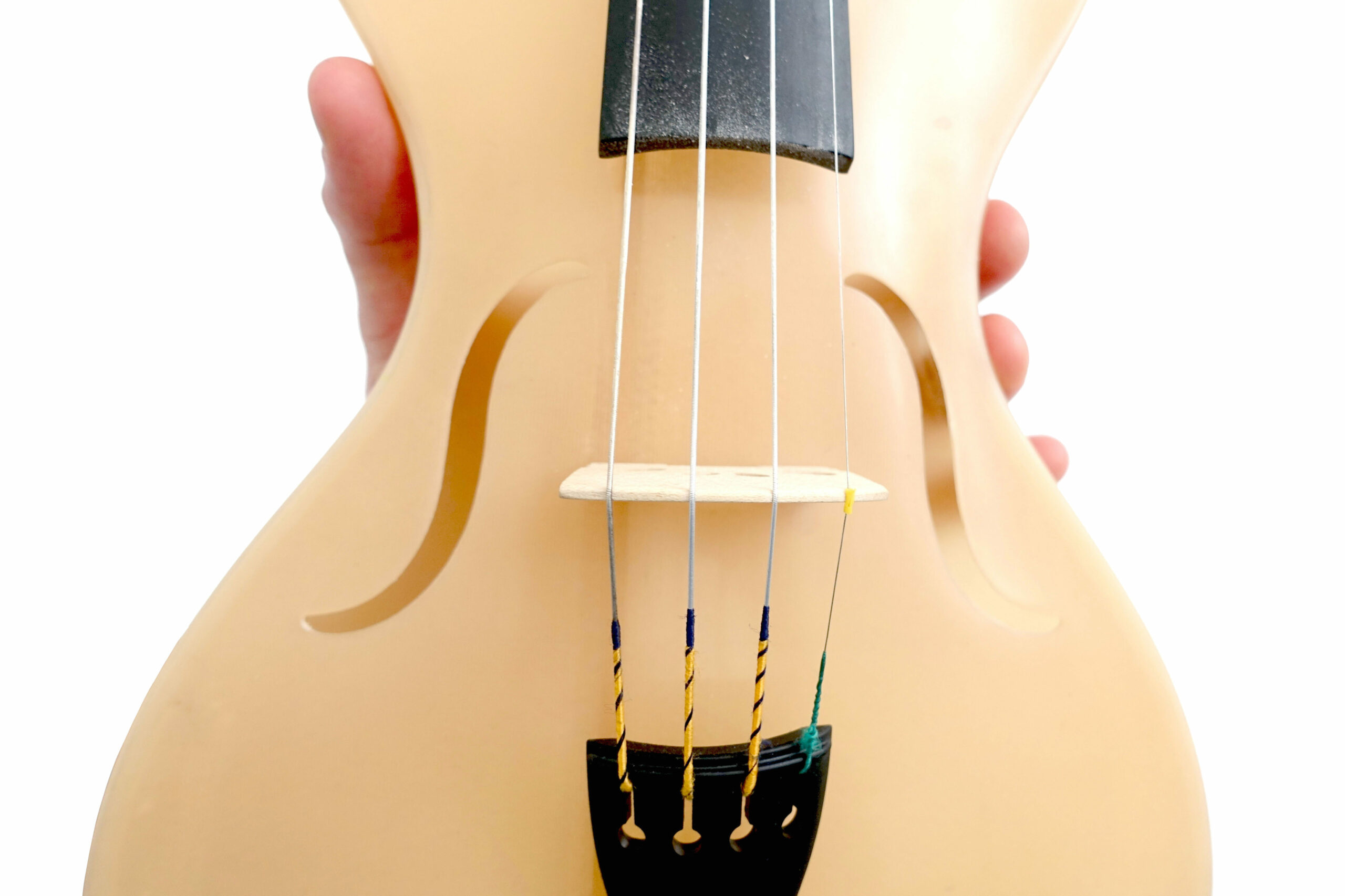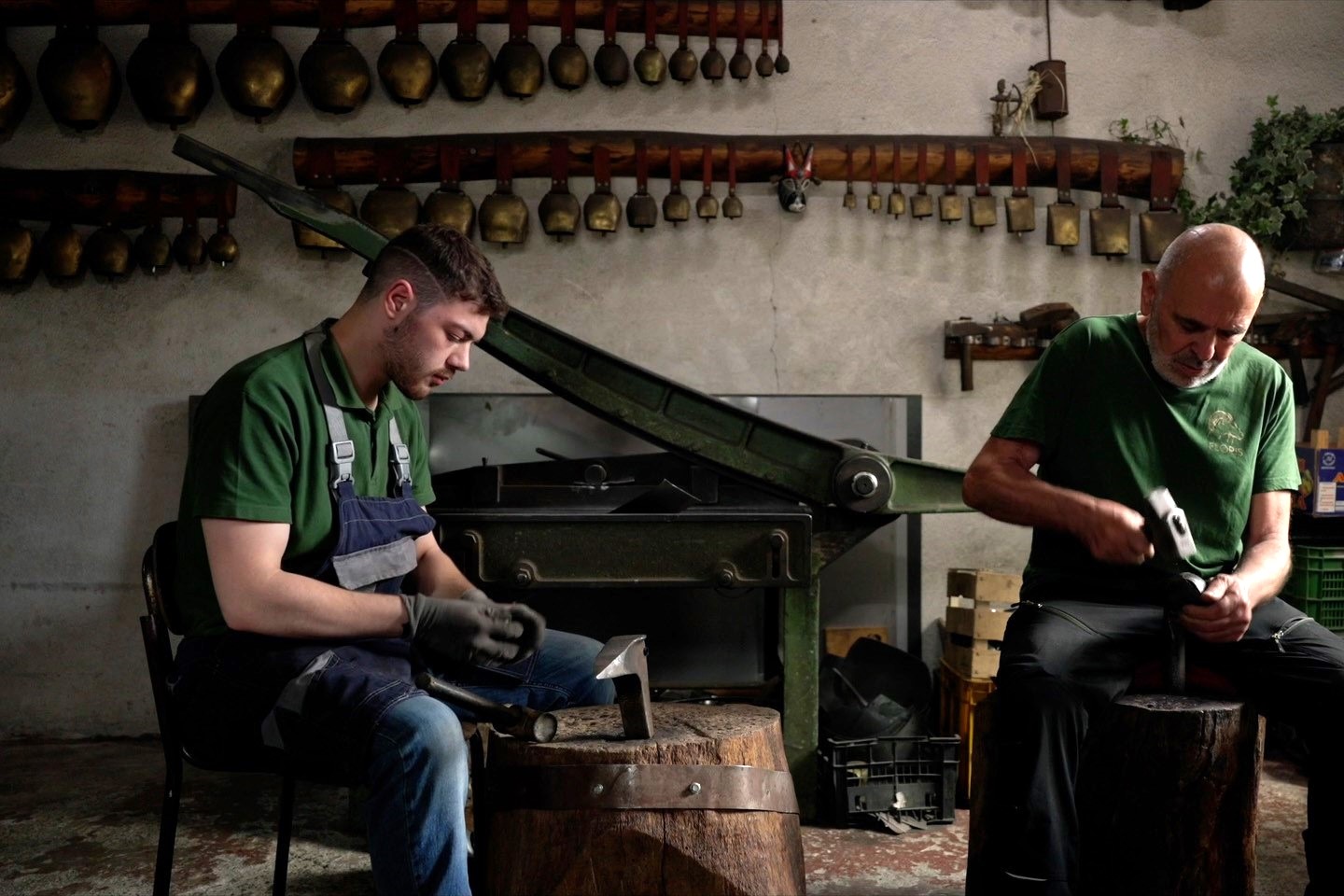Moving to a new country can be an exciting adventure, particularly challenging if that place is the Silicon Valley. While seeing the San Francisco Bay Area as one of the favorite destinations, very few migrants want to give up on some connections with their homeland. This is also true for Italians, whose community in the bay has been growing very fast.
Among others, the Business Association Italy America (BAIA) has given a great contribution in building a network of professionals willing to share not only ideas, but also the same language and origins. To understand the role of this nonprofit association, we talked to Matteo Daste, a lawyer originally from Genoa and one of the three co-founders. BAIA’s story began with an unexpected meeting in 2005 that brought the first players together, and prepared the ground for something bigger to come.
Matteo, what happened back in 2005?
The first time I met Giorgio (Ghersi e.d.) was almost by accident. We are both from Genoa and we met through a mutual friend. I run into him in the lobby of my building. To make the story short: after knowing each other a bit more, we realised we were in the same stage of life, happy to be in San Francisco but eager to meet more people from Italy. Giorgio introduced me to another guy from Bologna, Michele (Ursino e.d.). It didn’t take long to understand we were all looking for the same thing: a network of Italian professionals to hang out with and do stuff together.
How a random idea turned into a successful association?
The process was very fast. There were no social channels at that time, the only way to stay connected was by creating real opportunities to gather. We decided to get organized through an open organization: no owners, no subscriptions, only individuals able to help through donations. Starting from there, we approached and told other friends our idea and started working together.
What did you do after BAIA was founded?
First thing needed was visibility within the Italian community: we had an event per month, running panels around relevant topics. Interesting how, during the initial events, people started asking to join or lead panels in the future. They soon realized we were a true aggregating association, where everybody’s idea counted.
Did you get inspired from someone?
Our model was similar to the first European Business Association in San Francisco, the German GABA. I had met its founder who shared tips and ideas with me. The association has a Board of co-founders and senior professionals, and a Governance of volunteers who help with different tasks. All our volunteers are highly dedicated individuals, committed to building and helping the community.
Has BAIA changed over time?
2011 has been the first turning point: after we got an institutional presence and a recognition by the community, the association changed its face. Young people were using Facebook and LinkedIn to build their connections and startups were getting help by specialised organizations. Since then, we have less events each year and mostly with a social impact. Everyone knows how to network by now, we only give people an opportunity to do so, setting up a time and a place where to meet. Every month in San Francisco and Palo Alto, we run a free Italian-style aperitivo with 50-60 people regularly attending.
How and why does BAIA keep the same appeal?
We are an open platform, a truly open source: everyone can give his/her contribution, choosing a project to run. This way, everyone can possibly feed his/her self-satisfaction and cultivate a status within the community.
Can you identify a weakness?
Our platform is horizontal, which means we have more than one goal. Our mission keeps changing and adapting to what happens around us. The Italian community itself is now mature, there are many events happening in Silicon Valley everyday, that’s why we are now trying to create especially social opportunities.
Looking at the future: what’s the next challenge?
We want people to take their knowledge back to Italy. And we would like to blend the local Italian-American community with the Italian expats. Together, we could become a ‘social think tank’: learning and organizing existing best practices, before using them somewhere else.
Any regret so far?
Maybe we missed the given opportunity to become a trade association. But we decided to keep our initial mission, serving the community in a free and open way, the one that led us to where we are.
The biggest achievement?
Being one of our future goals to combine Italians from first and second generations, we particularly appreciated the endorsement received last year. The Italian Community Services Agency of San Francisco celebrated BAIA for what it has already done to help and support Italians in the Bay Area. Being recognized by the oldest and most influential Italian-American organization is something to be proud of. It also makes us believe that, after all, ours was not a foolish idea: we did, we do, and we can still do a lot for the Italian community in the United States.































